What is the responsibility for self-seizing a land plot? What kind of actions are evaluated in this way? What forms of liability apply? What should a person who has captured a site count on? Are there ways to solve the problem, for example, the acquisition of land legally?
Land rights
Before you deal with responsibility for the self-seizure of the land, you should find out what it is? Citizens have a whole list of rights to which they are entitled to claim. It:
- rent;
- easement;
- inherited possession;
- own.

All of them are united by one factor - the legal basis. In all cases, there is either an agreement or a decision of the authorities on the transfer of the land. It may happen that decisions were made, but for some reason the registration of rights was not completed. People in our country, due to their negative attitude to the state, tend to neglect formal rules. In cases of partial presence of a set of documents, liability for self-seizure of a land plot is not provided.
Border violations
It is believed that a citizen went beyond the scope of the law when he owns a plot without having an agreement on hand (if it concerns private property or an act of the authority on land transfer).
Possession of rights to a land plot is based on a whole algorithm of actions:
- the interested person submits documents to the municipality (or another body responsible for managing the plots);
- the documents are answered and the order of the authorized body is accepted;
- a contract is concluded or a decision is made to transfer the land to ownership;
- registration of the right is made.
It is enough to get at least permission from the relevant authority, otherwise the self-seizure of the land and responsibility for this is guaranteed.
If the site was occupied, and then the order is still received, the situation is considered from a different point of view.
Why does the state react like that?
Firstly, the state seeks to introduce civil circulation within the boundaries or boundaries in which everyone can feel protected. Secondly, the matter concerns taxes - illegal use to some extent affects, first of all, the interests of the treasury. Thirdly, illegal use leads to other consequences, for example, violation of environmental standards - and further to deterioration of land quality. No one will dispute the significance and value of arable or forest land.
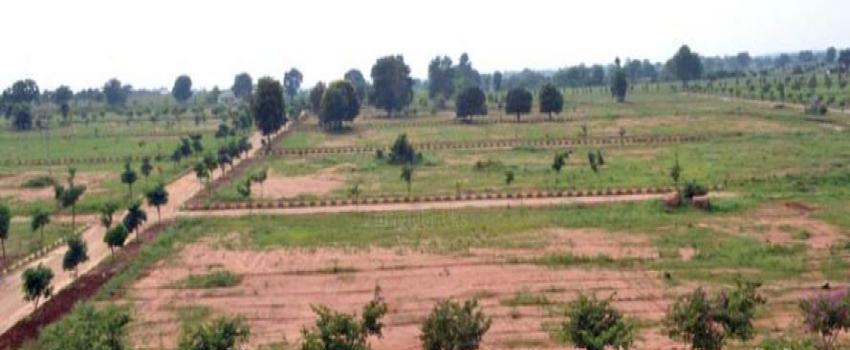
If security zones (areas reserved for electric power facilities) are affected, it is a matter of the safety of the intruder and other people.
Property consequences
Consider the civil nuances of the violation. What will the intruder face? Responsibility for the self-seizure of the land involves:
- it is impossible to conduct any transaction, to transfer by inheritance, since no rights to such a land plot arise;
- no ownership rights to the constructed buildings (capital construction objects) arise;
- at any time, the owner has the right to demand the plot back, the limitation periods for such claims do not apply;
- there is an obligation to eliminate all traces of their activities, in particular, to demolish all buildings without compensation for them;
- making a profit gives the owner the right to demand it from the unlawful owner.
The peculiarity of liability for unauthorized seizure of the land - all losses fall entirely on the shoulders of the invader.For example, if the owner spent the money on demolition of objects on the site or on putting the site in order due to violations of the rules of use. The costs of litigation are also included in his account.
Administrative sanctions
The Code of Administrative Offenses applies primarily to the invader. Firstly, they consolidate official confirmation of the violation of the law, and secondly, serve as an incentive to rectify the situation.
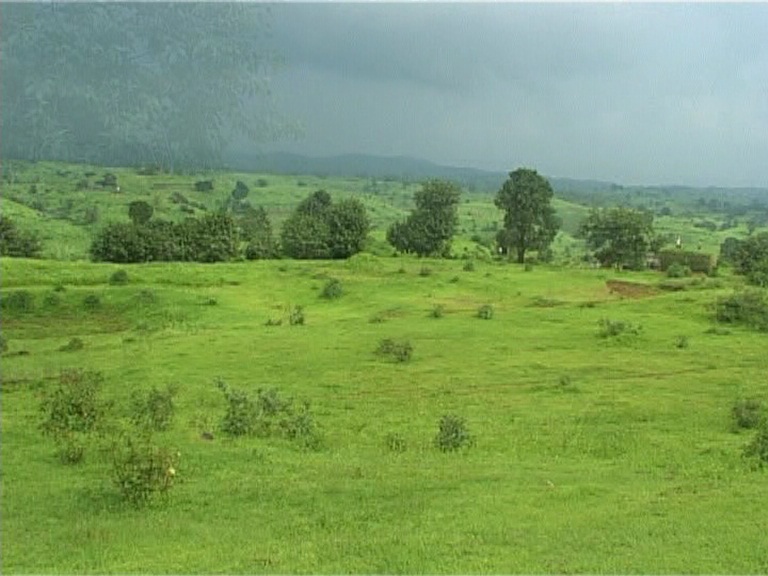
What penalty is imposed on the violator? The basis of calculations is the cadastral value of the land:
- citizens pay a fine of up to 1.5%, but not less than 5000 rubles;
- officials of organizations pay a fine of 2%, but not less than 20,000 rubles .;
- an organization responsible for unauthorized occupation of a land plot may pay a fine of at least 100 thousand rubles.
If the parcel is not included in the inventory
What are the fines and liability for land self-seizure provided by law if the land is not registered and accordingly does not have a cadastral price? In this case:
- the fine imposed on citizens ranges from 5 to 10 thousand rubles;
- officials of organizations pay a fine of 20 to 50 thousand;
- organizations pay from 100 to 200 thousand rubles.
Entrepreneurs pay fines in the same amount as organizations.
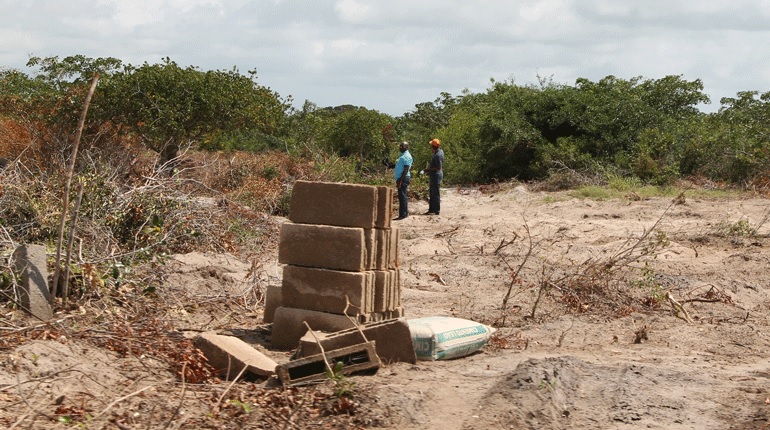
If part of the land plot entered in the cadastre is captured, then the size of the fine shall be calculated in proportion to the price of the illegally occupied part.
Accountability Procedure
The officials of the municipality or other body, depending on their authority, identify the violation, draw up an act, then an administrative protocol (most often the police). Explanations of the guilty person are attached to the case, extracts from the register of real estate rights are sought. Then the case is transferred to the land control authorities, and the head of the department reviews the cases, imposing a fine.
If the house is captured
Attracted for the seizure of land or home? The Code of Administrative Offenses only affects land. The Criminal Code provides for liability for illegal entry in the absence of the consent of the resident.
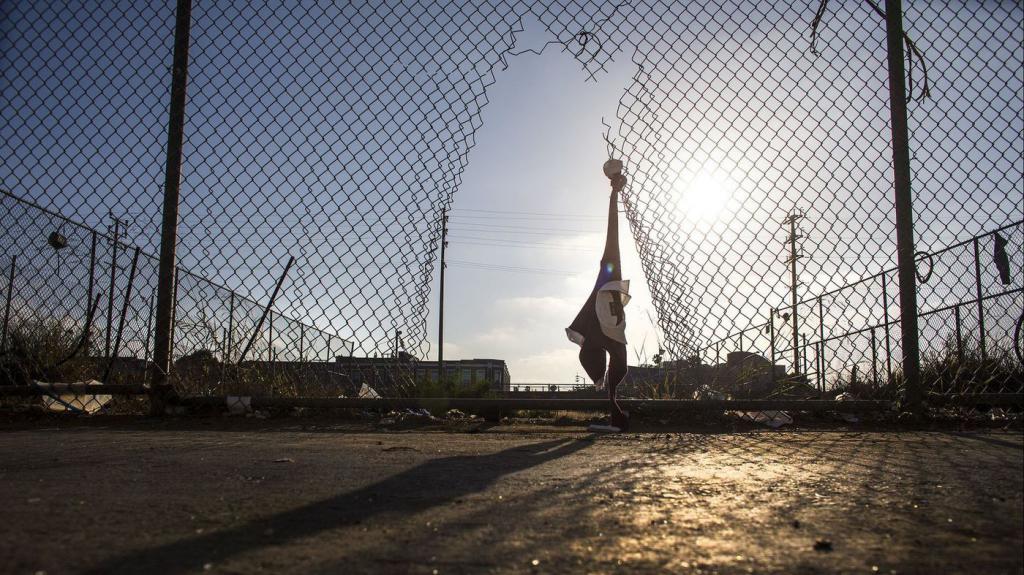
If no one lives there, then the rules on the eviction of a person who has not acquired legal grounds for living in the house apply. If the object is not put into operation, it cannot be considered acceptable for living and citizens are subject to eviction as from an emergency or unfit for living object.
What measures can be taken?
Self-capture means actions of a different nature. For example, a fence is built around a common area, and access to it is actually limited. It is enough to remove part of the fence.
If the site is occupied for construction, the object is demolished either by the person who has captured the site, or by the authorities. The second option is more expensive, performers tend to inflate prices.
Land release
The bodies of the municipality or land control have the right to issue an order to release the land from its property or objects of illegal construction.

If the guilty person does not comply with the order and refuses to vacate the plot, a lawsuit is filed with the court. A decision is made obliging to fulfill the requirements of the authorities or the owner of the site, if it is a person or organization. The basis of the materials of the case on bringing to administrative responsibility. A civil lawsuit in court is the main thing that threatens the unauthorized occupation of the land.
Is criminal liability possible?
In the Russian Federation, there is no corresponding provision in the Criminal Code on liability for self-capture. At the same time, if an act has been committed that falls under the norms of the code, the site will be selected using slightly different formulations: the site was purchased with money obtained by criminal means. This includes fraud, the use of fake or forged documents, etc.
Self-capture of land, how will it be fought with it further? So far, the available liability tools are sufficient.
How to legalize self-capture of a land plot?
If the owner is an individual or organization, a lease or sale and purchase agreement is concluded, if agreed. If there is no agreement, then problems cannot be avoided.
If the land belongs to the state, it is necessary to act in a general manner.
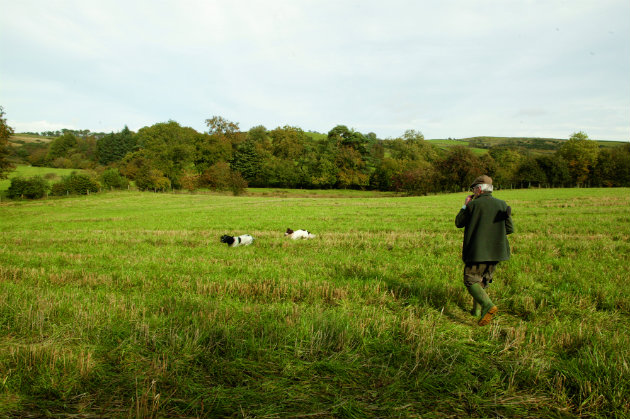
Submit an application for the acquisition of ownership with a border drawing (a special form is provided). The municipality makes an announcement, and if there is no one willing to purchase this land within a month, then consent is given to the acquisition by the citizen of the property. The described path is difficult due to the unwillingness of officials to allocate land for citizens, and they are forced to turn to the courts.
Another way is to purchase a plot at the cadastral value if it borders on the applicant's plot. The land should be ownerless (not owned by a private person).
It should be noted that the provisions on acquisitive prescription do not apply to land plots.
You can try to get a land plot to replace the apartment if the applicant is in the queue of persons in need of housing.
Finally
Self-capture is the taking of a land plot without the permission of the owner (private person or state). The law provides for administrative liability in the form of fines. Among the property consequences, the absence of any rights to the site and what will be built on it is called. In addition to sanctions, the owner has the right to sue for the release of the land.
Ways to legalize ownership are provided for by land legislation:
- acquisition on a free basis, if a previously applying citizen has not privatized land for free;
- purchase and sale at auction or without it, if required by law.
The law has many ways to solve the problem, and it will take a lot of time to find a way that is suitable in a particular situation.
